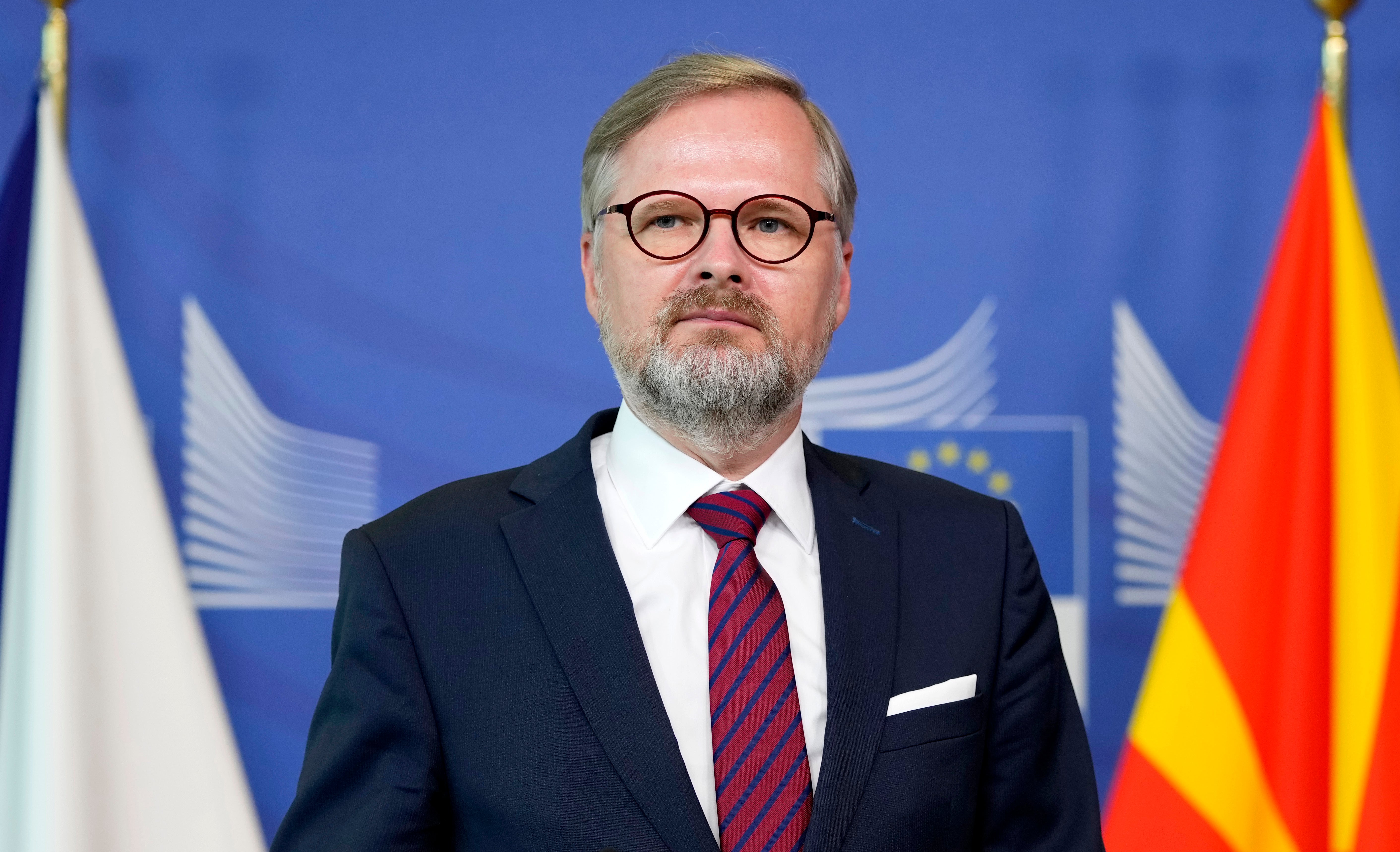Czech Cabinet survives no-confidence vote over energy prices
The Czech Republic’s coalition government has survived a parliamentary no-confidence vote over its handling of the energy crisis and a scandal involving the head of one of the country’s spy agencies

Your support helps us to tell the story
From reproductive rights to climate change to Big Tech, The Independent is on the ground when the story is developing. Whether it's investigating the financials of Elon Musk's pro-Trump PAC or producing our latest documentary, 'The A Word', which shines a light on the American women fighting for reproductive rights, we know how important it is to parse out the facts from the messaging.
At such a critical moment in US history, we need reporters on the ground. Your donation allows us to keep sending journalists to speak to both sides of the story.
The Independent is trusted by Americans across the entire political spectrum. And unlike many other quality news outlets, we choose not to lock Americans out of our reporting and analysis with paywalls. We believe quality journalism should be available to everyone, paid for by those who can afford it.
Your support makes all the difference.The Czech Republic’s coalition government has survived a parliamentary no-confidence vote over its handling of the energy crisis and a scandal involving the head of one of the country’s spy agencies.
Lawmakers from the five-party coalition, who have a majority in Parliament’s lower house, defeated the motion on Friday following a debate that took about 22 hours. Only 84 lawmakers in the 200-seat house supported it.
The opposition, including the centrist ANO movement led by former populist Prime Minister Andrej Babis and the anti-migrant Freedom and Direct Democracy party, accused the coalition of not doing enough to help people and businesses cope with the high prices for electricity and natural gas.
The government argues it has introduced a plan to support households by some 15,000 Czech crowns ($611) on average in the coming winter and is working on further steps to ease the financial pressure.
The government is also planning to call an emergency meeting of European Union countries next week to seek a united approach to the issue. The Czech Republic currently holds the bloc’s rotating presidency.
Separately, Petr Mlejnek, the head of the Office for Foreign Relations and Information, resigned on Wednesday amid allegations of contacts with a businessman who has been facing corruption charges. He denies wrongdoing.
Opposition lawmakers are demanding the removal of Interior Minister Vit Rakusan, who appointed Mlejnek and has backed him.